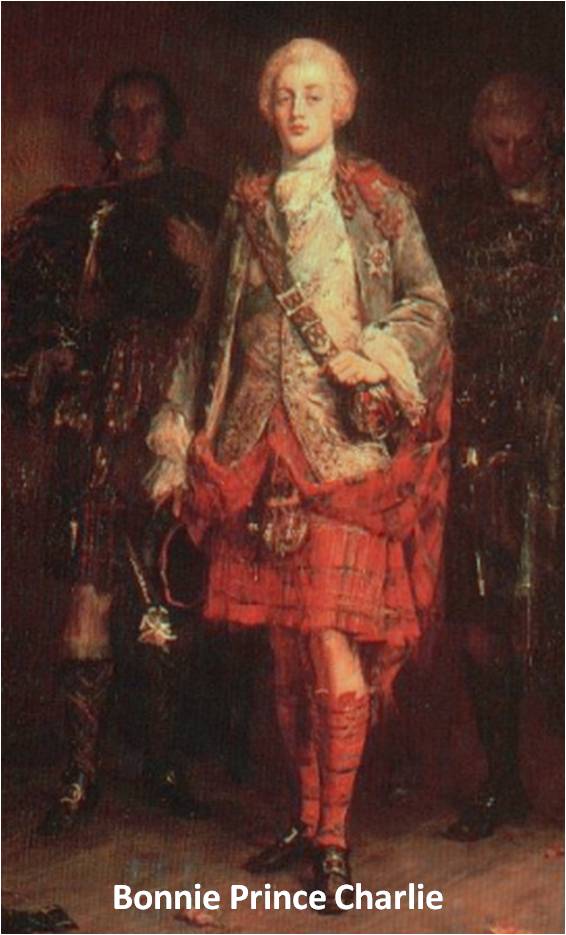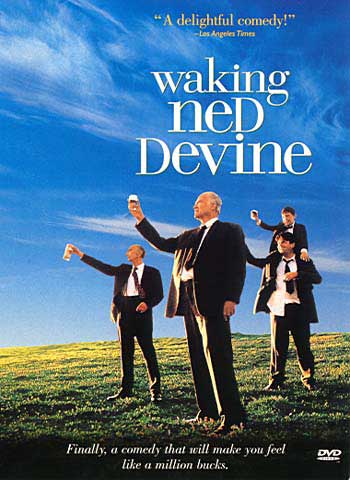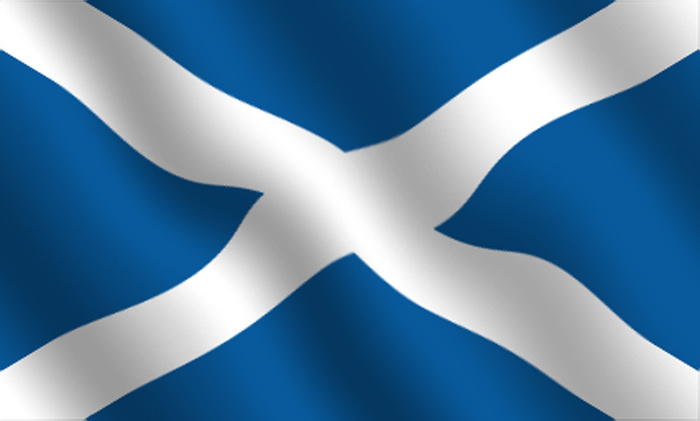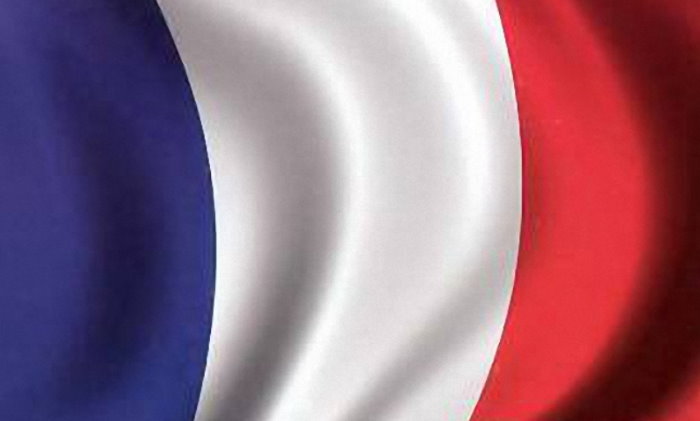|
"Mo Ghile Mear" (My Gallant Darling) is an old Irish song, written in the Irish
language by Seán Clárach Mac Domhnaill (1691–1754) an Irish language poet
who soon won the admiration of the other Munster poets, who gave him
the title of Chief Poet of Munster.
Mo Ghile Mear is his most famous poem. It is a lament wrote after the defeat
of the Bonnie Prince Charles at the Battle of Culloden, Scotland, in 1746. |

|
Like all other Gaelic poems of the time, Mo Ghile Mear (one of the most powerful
lamentations of the 17th century) would have been sung rather than recited.
While it is usually rendered by a male voice in a martial fashion,
it is in fact a woman’s lament for her love, a war hero, who was killed in battle.
In the Irish Gaelteacht this song is often sung at closing time in the pubs,
when the bar steward is trying to clear the room, to sort of squeeze a few more
convivial minutes out of the evening.
|
The melody was also used in the last scene of the film Waking
Ned Divine (a 1998 comedy with Ian Bannen, David Kelly and Fionnula Flanagan).
When word reaches two elderly best friends that someone in their tiny Irish village has won the national lottery, they go to great lengths to find the winner so they can share the wealth. When they discover the "lucky" winner, Ned Devine, they find he has died of shock upon discovering his win. Not wanting the money to go to waste, the village enters a pact to pretend Ned is still alive by having another man pose as him, and then to divide the money between them. |

|

Chorus He is my hero, my dashing darling He is my Caesar, dashing darling. I’ve had no rest from forebodings Since he went far away my darling. For a while I was a gentle maiden And now a spent worn-out widow My spouse ploughing the waves strongly Over the hills and far away.
Pain and sorrow are all I know,
The cuckoo sings not pleasantly at noon
Noble, proud young horseman
Let a strain be played on musical harps
Dashing darling for a while under sorrow
|

Refrain Mon héros, mon bien-aimé, Mon César, mon bien-aimé, Paix et joie m’ont fuie à jamais, Quand est parti mon bien-aimé ! Jadis j’étais charmante et gaie.
Chaque jour, en proie au chagrin,
A midi le chant du coucou n’est pas gai,
Noble et fier jeune chevalier,
Harpe sonore, entame un chant !
Ce deuil maintiendra-t-il longtemps
|
|
Mary Black (Gaelic)
|
Sé mo laoch mo Ghile Mear [Shay muh lay moe Gil-ah Mar] Sé mo Chaesar, Ghile Mear, [Shay moe Hay-suh, Gil-ah Mar] Suan ná séan ní bhfuaireas féin [Soon nawh shayn nee voor-ahs hayn] Ó chuaigh i gcéin mo Ghile Mear [Oh coo-ig EE-gayne moe Gil-ah Mar]. Bímse buan ar buairt gach ló, [Beem-sha boo-in air boo-urch gawk low] Ag caoi go cruaidh ‘s ag tuar na ndeór [Egg key guh crew-eh seg toor nah nyoar] Mar scaoileadh uaim an buachaill beó [Mar squeal-ah oo-im aun boo-cull b-yo] ‘S ná ríomhtar tuairisc uaidh, mo bhrón. [Snah riv-tar toorisk oo-ig, muh v-roan] etc... |

